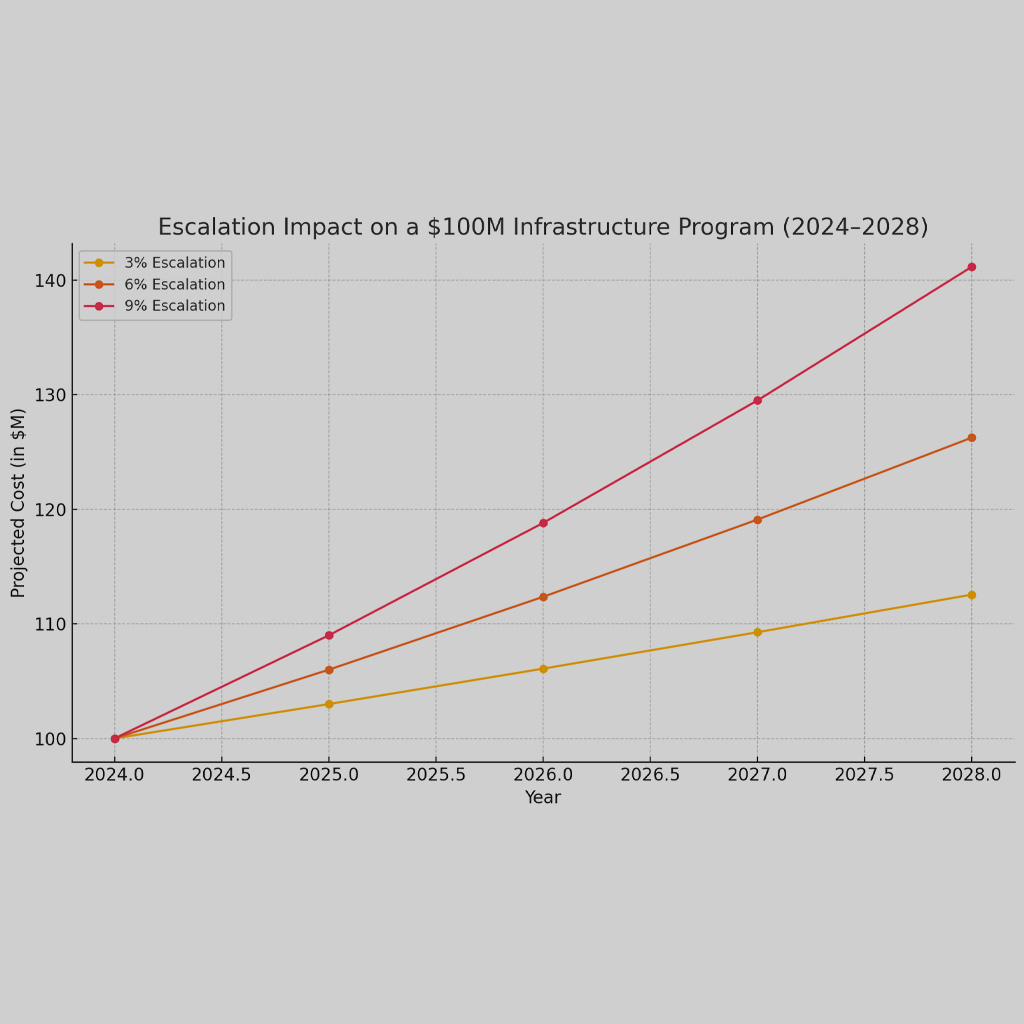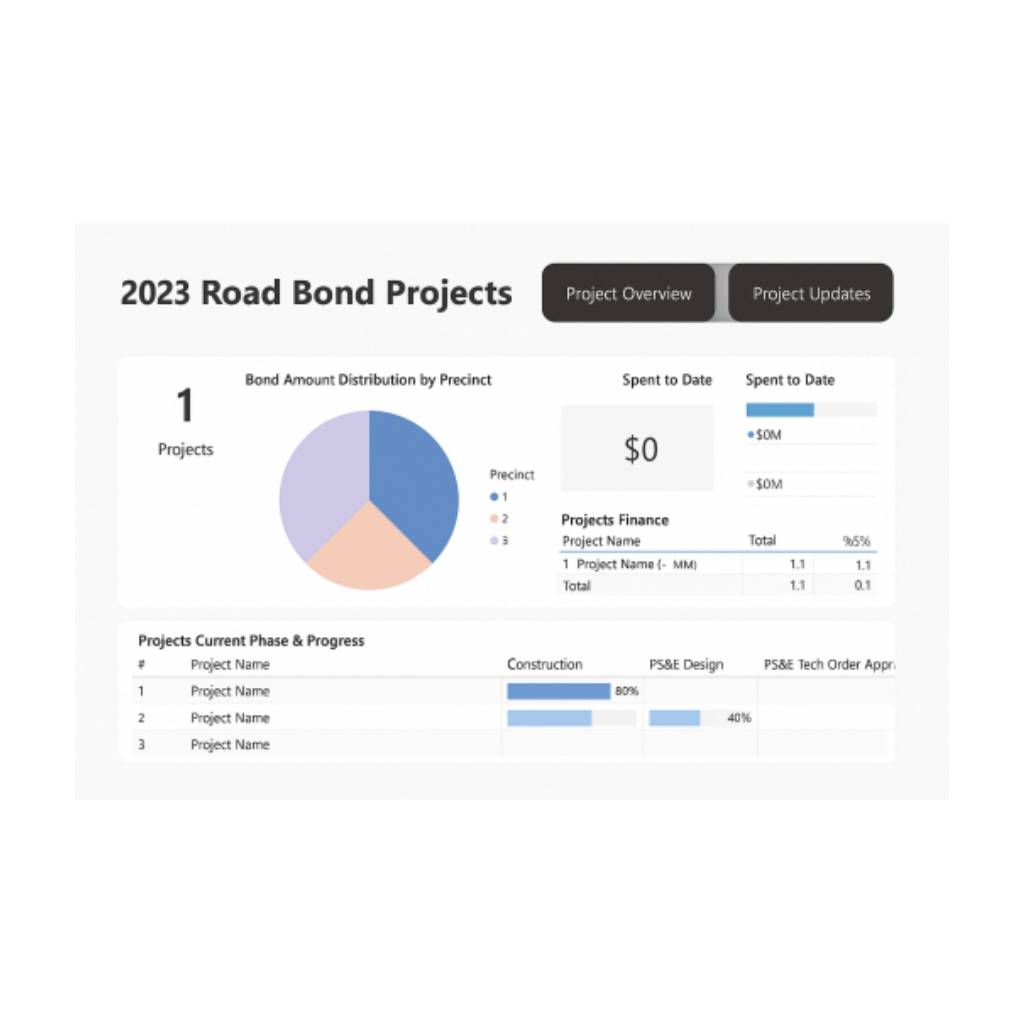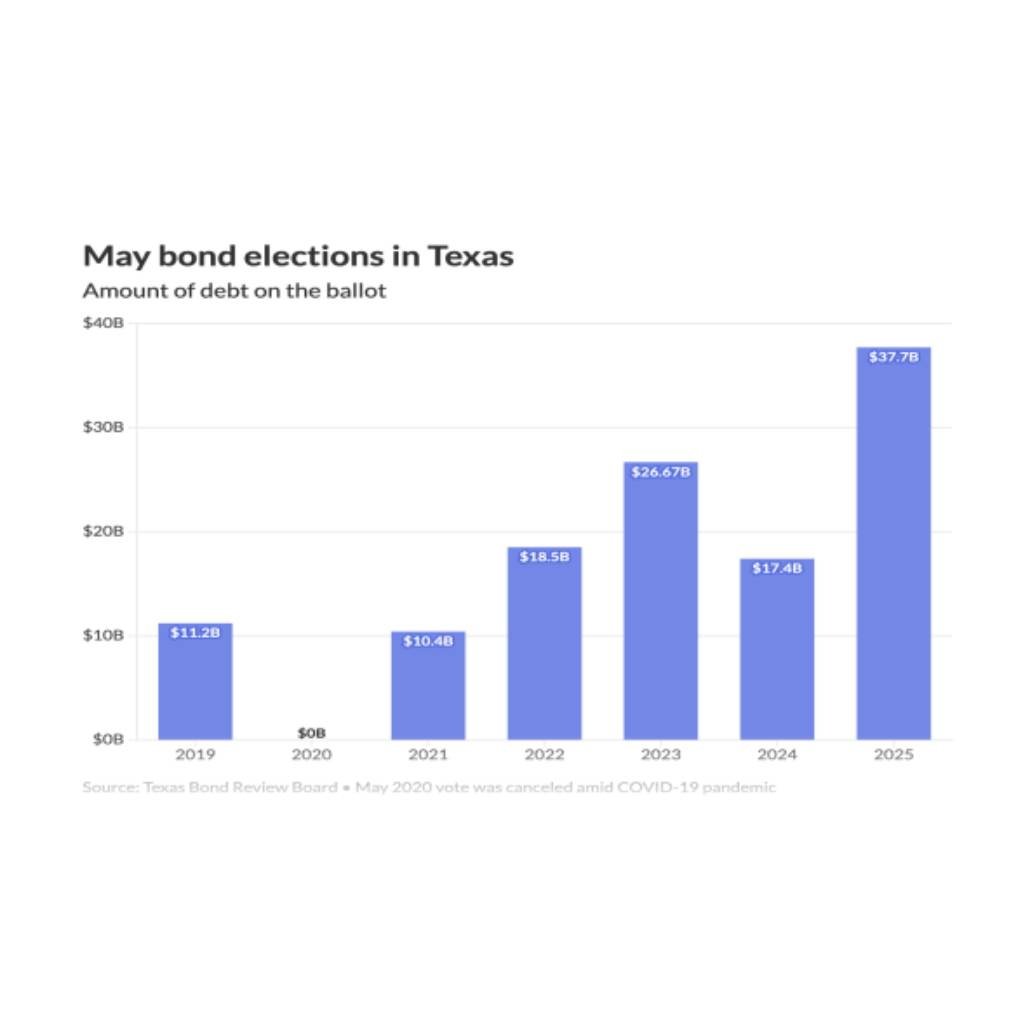Permitting departments execute complex operations requiring the management of thousands of permit applications, direct coordination with applicants, reviews from multiple teams on the same application, cross-department pre-application and development meetings with applicants, post permit inspection and code enforcement, and more. This complexity requires a variety of tools to ensure effective and efficient operations, such as:
Permitting Software
This type of software is specifically designed to manage the permitting process, including receiving and reviewing permit applications, issuing permits, tracking inspections, and managing renewals. This software also can serve as a collaborative tool for document management, communications, and code enforcement.
The nature of receiving applications and conducting reviews means that applicants have already submitted their project paperwork through the permitting software, and it is already organized by project. This allows the software to serve a dual purpose and mitigates the need to purchase additional document management tools, at least where permitting departments are concerned.
An effective permitting software should have an intuitive customer interface that allows applicants and the municipality to communicate about a project directly in the project’s file. This ensures emails are not lost, project communications are organized, and someone on the applicant or municipality side can pick up the file and understand the history and status of the project.
Due to the design of the software, it is ideal to include any time of application, request, complaint, etc. that a constituent would need review for and a decision on from the permitting team in the permitting software. This could include requests for court or council approval, requests for inspections, code violation complaints, and more. The software is already set up for the department to review the applicant submission, review any supporting documentation, track the steps of the process, and provide some form of written decision or action.
Examples: MyGovernmentOnline, Brightly, and CivicPlus
GIS Software
Municipalities are complex. There might be multiple levels and overlapping layers of jurisdictions across a municipality, various areas of floodplains and endangered species, municipal capital improvement projects, and more. Geographic information system (GIS) software is used to create and manage maps and other spatial data, which can be useful for helping applicants understand how this complexity impacts their project. This understanding saves them time and money, because they can better plan their project. It also increases revenue for the municipality, because these better planned projects can get built more quickly. This results in taxable real estate and more tax paying residents.
Examples: ArcGIS, QGIS, & Hexagon Geomedia
Project Management Software
Permitting departments may use project management software to help manage and track the progress of projects and tasks not related to specific permit application reviews. This may include change management projects, training and development initiatives, community engagement activities, and more. This type of software helps to ensure everyone is aware of the project statuses and their tasks, and gives everyone involved a central place to communicate about the projects, similar to how the permitting software does for permit applications.
Examples: Trello, Microsoft Planner, and Jira
Effective management of permitting departments requires using the right tools for the job. Permitting software serves as a comprehensive solution for managing the entire permitting process and more, GIS software helps applicants understand the complexities of their projects, and project management software improves transparency and coordination for internal department projects. Integrating these tools streamlines operations, improves communication, and enhances overall efficiency, benefiting both applicants and municipalities.
At Front Line Advisory Group (FLAG), we are providing process improvement and change management services to help municipalities collect and analyze data, improve stakeholder communication, leverage technology, develop training plans, and more. We believe these are the most effective and affordable ways for municipalities to scale their capabilities. Contact us for more info at info@frontlineadvisorygroup.com.













